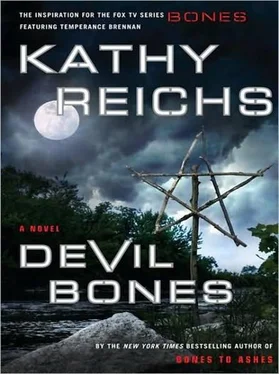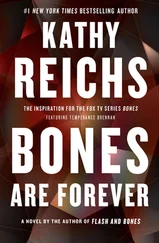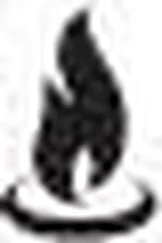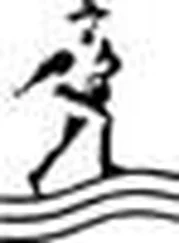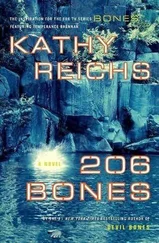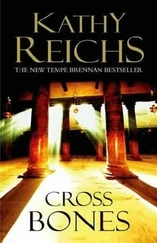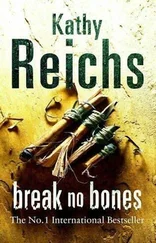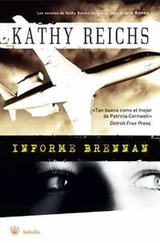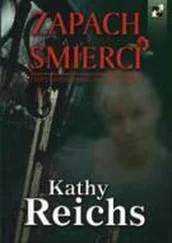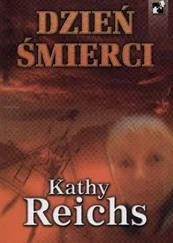I went straight to door five.
And discovered a chilling new world.
OF THE SIX GAMES LISTED, I SAMPLED ONLY THREE.
In Killer Dozen the player controlled twelve combatants who pursued and destroyed their enemies in countless gruesome ways. Bodies were torn in half, throats were slit, heads were impaled on falchions and pitchforks.
In Reality Crime the player was a cop looking for information on the death of his brother. Suspects were beaten and shot with a variety of weapons.
In Gods of Combat the player was a rebel warrior seeking revenge on the gods. Details of the injuries inflicted were appallingly realistic.
Other choices included Island of Death, Blood Frenzy, and Mansion of Mayhem. I didn’t even look.
Grabbing the phone, I dialed Slidell. He answered, sounding edgy.
I told him about the link from Finney’s Web page to Cuervo’s shop, and about the pop-up to the gaming site. He said he’d have someone research ownership of the Dr. Games domain, and look into the existence of a second, online La Botánica Buena Salud unrelated to Cuervo’s operation.
I also told him I’d received the entomology reports.
“Summarize.”
“Cuervo killed the chicken sometime in mid to late August.”
“I’m guessing that was before his boo-boo with the train.”
I ignored that. “Klapec was never in the lake, and probably died two days before we recovered his body.”
Slidell was silent a moment, thinking about that.
“Dame by the name of April Pinder sprang Vince Gunther. Wonder if she knows what line of work her boyfriend is in. Anyway, April and me are gonna become real good friends.”
“I want to be there.”
Slidell made a noncommittal noise and disconnected.
The clock said 9:50.
I had to hurry.
St. Ann’s calls itself the little parish with the big heart. What was needed that morning was a big parish with colossal seating and parking capacities.
Driving from the Annex, I saw hundreds lining up to march. City cops and state troopers. Firemen. Military personnel. EMT’s. It seemed everyone in uniform was represented.
As predicted, there was also an enormous civilian turnout. People stood three and four deep at certain stretches. Some wept. Some embraced or held hands. Many gripped or waved small American flags.
Leaving my car at the YWCA as Slidell had instructed, I worked my way to the church. From the front doors hundreds of cops in dress blues had organized into a formation that wound out the parking lot and far up Park Road.
The media were present in extraordinarily large numbers, mostly local, with CNN and FOX clocking in for the nationals. Helicopters circled overhead.
The weather was cooperating. The sun was shining and the sky was a deep autumn blue, a picture-perfect day for broadcasting from a graveyard.
After showing ID to a uniformed officer, I was checked off a list and allowed inside the church.
Slidell was seated in the last pew of a side row, hands clasped between his knees, face looking like sculpted marble. On seeing me, he shifted right, but didn’t speak.
I slipped into the pew beside him.
And immediately felt the usual rush of emotions.
The somber drone of the organ. The scent of incense mingling with the sweet smell of flowers. The sunlight filtering through stained glass.
My mind flashed back to memories of funerals past.
My brother’s tiny white casket. My father’s gleaming bronze one. Balloons over the coffin of a little girl gunned down by bikers in Montreal. Baby’s breath atop the gravestone of a friend dead of lymphoma at forty-three.
I inhaled deeply, exhaled. Focused on the music. Handel’s “Dead March”? Chopin’s “Funeral March”? I wasn’t sure. Wasn’t uplifted.
An ancient priest said Mass. Slidell’s boss, Harper Dunning, offered a reading. Tony Rinaldi spoke of his father. Others talked of their colleague, their friend, their fellow parishioner. We all stood, sat, knelt. Sang “Abide with Me” and “Lead, Kindly Light.”
Through it all, I kept seeing Rinaldi, all bony limbs and angles. In my office, carefully taking notes with his Mont Blanc pen. In my lab, staring at Susan Redmon’s skull. On Thirty-fifth, bleeding through his perfect Armani jacket.
At the end, an honor guard of officers marched the coffin out. We exited to Mendelssohn’s “On Wings of Song.”
Slidell got us to the cemetery, where the scene was repeated al fresco. Cops. Mourners. Reporters. Dignitaries.
Larabee was there dressed in black. I was about to approach him when a hand touched my shoulder. I turned.
Two green eyes were gazing down into mine.
Without a word, Charlie drew me to him and hugged tightly.
Placing two palms on his chest, I pushed free and stepped back. Why? Embarrassment over his public display of affection? Over my bender? Over our roll in the hay? Rolls.
“How have you been?” Charlie asked gently.
“Good,” I said, aware of Slidell ten feet away, aviator-shaded face turned to his boss, listening to us while pretending not to.
“I called,” Charlie said.
“It’s been crazy busy.”
“I’ve been worried.”
“I’m fine. Thanks for the food.”
“I’d rather have cooked you a meal myself.”
“Listen. I-”
“Don’t explain. Not to me, Tempe. You did what you had to do.”
“That wasn’t me, Charlie.” I wasn’t quite sure of my meaning.
“On Thursday? Or on Sunday?”
He cut in before I could respond.
“Shall we try again? Maybe on a Friday?”
“There’s been someone else, Charlie. A detective in Montreal. I’m not sure it’s over.”
My own words surprised me. Of course it was over. And I was over Ryan.
“He’s very far away,” Charlie said.
In so many ways, I thought.
“Stand by your man,” Charlie sang softly.
I had to smile. The song had played incessantly on an interminable bus trip to a state tennis tournament. It became one of the team’s standing jokes.
“Who owned that tape?” I asked.
“Drek Zogbauer.”
“We went to school with someone named Drek Zogbauer?”
Charlie shrugged.
“I remember everyone applauded when the driver finally confiscated the boom box.”
“I led the ovation. It was not the music of my people.”
I cocked a brow. “Your people?”
“Yankees fans.”
Again, I had to smile.
“I do understand, Tempe. Healing takes time.”
You would know, I thought, recalling the photos of his murdered wife.
“I’m sorry,” I said.
“I can wait.” Charlie grinned. Sad, but a grin. “I’m a very patient man.”
And then I hugged him.
He started to walk away.
“Charlie.”
He turned back.
“Asa Finney was released this morning.”
One hand went to his chest. “Really. No need for accolades.”
I rolled my eyes.
“Just an acknowledgment that I’m the greatest lawyer on the planet.”
“Between you and me, do you read Finney as capable of violence?”
Charlie stepped back to me and lowered his voice. “Honestly, Tempe. I don’t know. Slidell’s right about one thing. The guy’s one weird duck.”
“Thanks.”
Charlie had gone barely ten paces when Slidell left Dunning and ambled back to me.
“That was touching.”
“We went to high school together.”
“I’m happy for you.”
I said nothing.
“Dunning’s pissed.”
“Why?”
“Switchboard’s lighting up with calls from outraged citizens wanting to know why the cops ain’t rounding up witches and warlocks.”
“Jesus.”
“Yeah. They think He’d be all for it.”
Читать дальше
